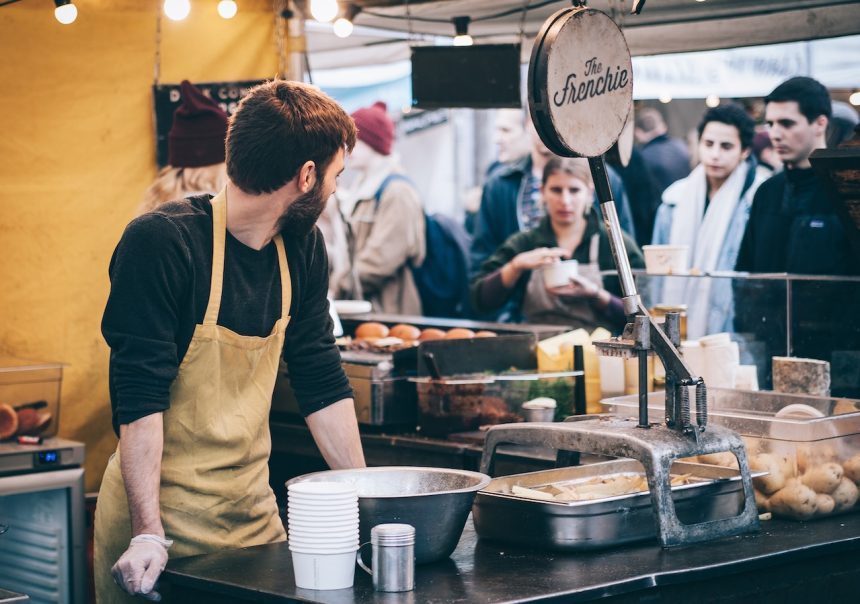Cooking is an essential life skill that’s both a necessity for daily living and a source of enjoyment and creativity. While there are countless recipes and cooking techniques to master, from seafood grilled on the barbecue to effortless all-in-one baking sheet dinners, a few foundational skills can form the basis of a wide range of dishes.
Mastering these fundamental techniques can not only help improve the quality and flavor of the food we prepare but also give us greater confidence in the kitchen. Additionally, a solid understanding of these core techniques can allow us to experiment with new flavors and ingredients, as well as make modifications to recipes as needed without disastrous results. Let’s look at a few cooking techniques everyone needs to master and discuss why they are so important.
Sautéing
Sautéing is a crucial technique that involves cooking food quickly over high heat in a small amount of oil or fat. It is an essential skill that can greatly enhance the flavor, texture, and presentation of a wide range of dishes.
Knowing how to sauté allows you to prepare ingredients efficiently while preserving their natural flavors and nutrients. This versatile technique can be used with various components, from vegetables to meats to seafood, making it a valuable skill for home cooks and professional chefs alike.
Roasting
Knowing how to roast is an important part of cooking which can amplify the flavors and textures of a wide variety of ingredients. Roasting involves cooking food in an oven at high heat, allowing for caramelization and the development of rich, complex flavors. It’s a versatile technique that can be used with meats, vegetables, and even fruits, perfect for occasions when you might want to show off a bit.
Furthermore, roasting is a great way to get “meal prep” done easily. Not only is it a healthier approach to cooking—it’s one of the easier ways to approach larger batches. By mastering the art of roasting, cooks can create delicious and impressive dishes that are sure to impress their guests (and themselves).
Grilling
Knowing how to grill is an important cooking skill that can bring numerous benefits to your culinary repertoire. Grilling involves cooking food over an open flame or hot coals, imparting a unique smoky flavor and caramelization to the ingredients. Perfect for warm weather gatherings, the options for what to grill are endless—seafood, beef, chicken, vegetables, and even fruits spring to life after a few minutes over a flame.
Not only is grilling one of the more healthy and flavorful ways to prepare meals, the process doesn’t take long, and cleanup is a breeze. By mastering the art of grilling, you can expand your culinary horizons and create delicious and impressive dishes that will surely be a hit with family and friends.
Steaming
Steaming is a gentle cooking method that preserves the natural flavors and nutrients of food, making it a healthy, delicious way to do dinner. It’s quick and easy, requires minimal equipment, and is perfect for busy individuals or families who don’t want to sacrifice health for convenience. From simply steamed vegetable sides to a complex dim sum lineup, it’s one cooking technique that packs a punch without leaving you feeling sluggish afterward.
Baking
Of all the cooking techniques, baking is probably the most important to learn. Baking requires attention to detail, patience, and practice, which can help improve problem-solving skills and boost self-confidence. Additionally, baking allows us to experiment with new flavors and ingredients, providing a creative outlet for self-expression. Baking is also a wonderful way to connect with others and share food, fostering social connections and a sense of community.
Baking is one of the most common cooking techniques in the world, no matter what sort of meal you are preparing or what type of cuisine you might be experimenting with. Whether it’s a tray of muffins for a grab-and-go breakfast or an easy all-in-one sheet pan dinner, baking is one of those life skills everyone should master.
Lessons Worth Learning
Mastering a few vital cooking techniques is an essential aspect of becoming a great cook. It’s not just about following recipes. It’s also about understanding the science behind cooking and the methods that best suit different ingredients. Learning how to properly sauté, roast, grill, steam, and bake can elevate the flavors and textures of dishes while allowing you to create a wide variety of meals with confidence and ease.
With time, practice, and a little scientific understanding, you’ll soon be able to experiment effortlessly with different flavors and ingredients, create new dishes, and adapt recipes you may already have in your arsenal to suit your personal taste and diet. No matter what you’re craving or what you feel like experimenting with, these basic skills will create a solid foundation for a lifetime.













